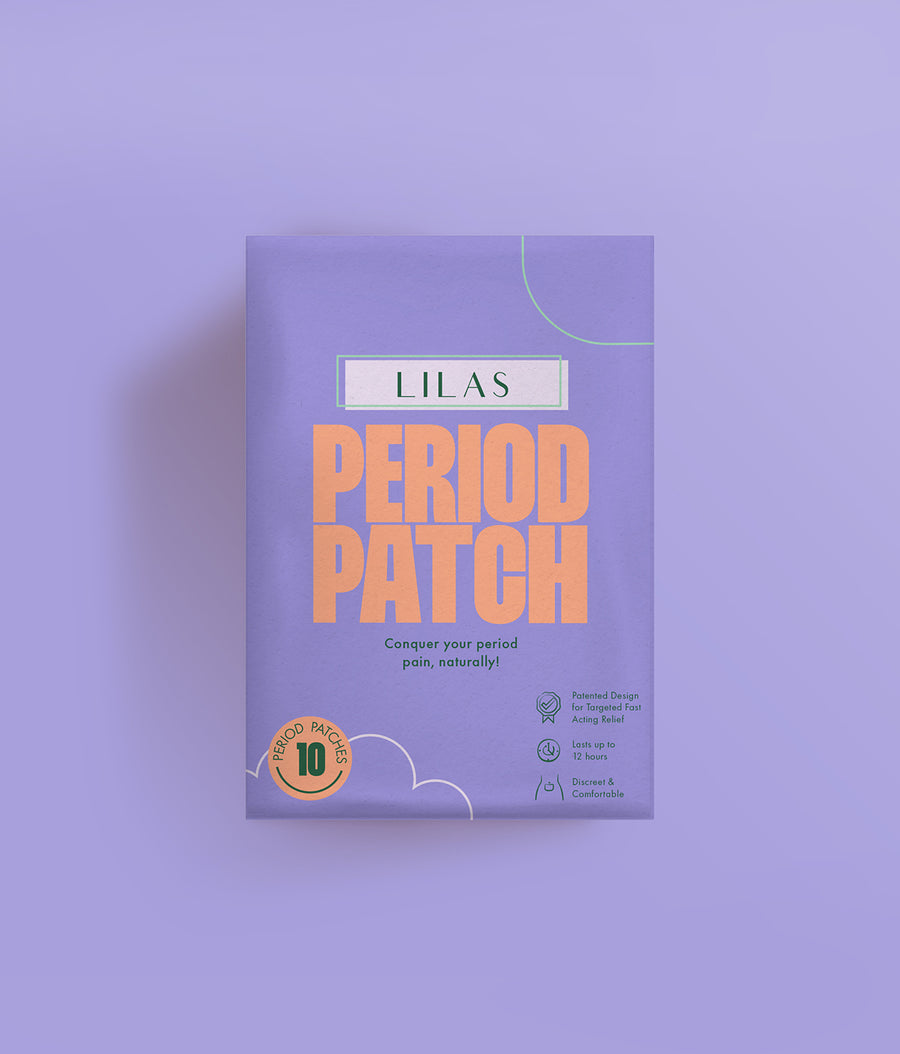Community Snapshot: Mental Health Awareness Month
May is Mental Health Awareness Month. As we understand the significance of mental wellness in our world and strive to become effective mental health allies, we need to be cognizant of all the different ways to make mental health sustainable for society at-large. It's also important to bear in mind that mental health has been detrimentally impacted by COVID. In a recent survey conducted across the United States, United Kingdom, Europe, and Australia, 54% of the 1,008 respondents rated their mental health as fair or poor. 44% of respondents reported a down tick in their mental health since the beginning of the pandemic. Notably, 48% of women and 45% of Millennials indicated detrimental effects to mental health, making those two demographics the most susceptible to mental health shifts. Globally estimated rates of depression during the coronavirus pandemic spiked up to 25%, which is seven times higher than the pre-pandemic levels of 4%. Though access to mental health treatment, including therapy, has always been important, as we navigate out of dark times, it is more significant than ever.
In this month's Community Snapshot, we asked you, our LILAS Wellness community, how you feel about therapy and how you've seen the discourse surrounding therapy changed with time. Here’s what you all shared with us:
Here are some more of your thoughts:
“Jobs/businesses need to offer time off for our mental health and sanity Many other countries do.” – @jazzyyjazz_14
“I don’t trust the therapists around me. I see them as normal people and think they’re judgmental.” –@meeetos
Though therapy has played a very integral role in dealing with mental health struggles of this time, it is still not sufficiently accessible to broader communities. In fact, there is one study that notes that 47% of the participants with mood, anxiety, or substance use disorders, shared that costs or not having health insurance was the reason why they did not seek help through therapy. It's wonderful that the consideration of therapy is increasingly being destigmatized in different communities, but with that being said, we also have to be intentional about enhancing accessibility in tandem with the destigmatization. We also have to remember that therapy is not the end all be all in the effective treatment of mental health. Let’s encourage these conversations and ultimately empower everyone to make the decisions that are best for their mental wellness.
For more information about mental health accessibility and for supporting survivors, here are some further resources:


Leave a comment